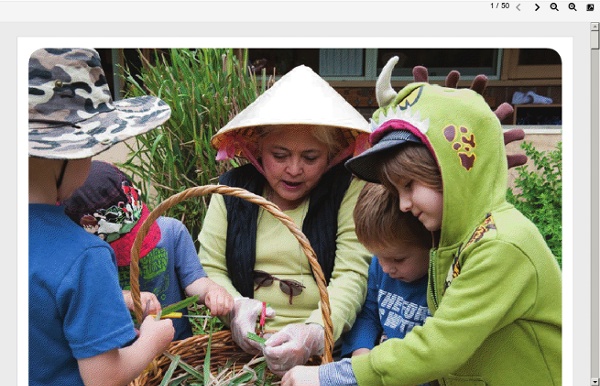Eylf-prompt cards

EYLF Programming Documentations - Early Years Curriculum Planning
The Early Years Learning Framework describes the curriculum as “all the interactions, experiences, activities, routines and events, planned and unplanned, that occur in an environment designed to foster children’s learning and development”. The Childcare Curriculum Plan is a planned sequence of activities and experiences, which are intended to achieve an outcome. This means, all the activities / experiences that the children engage in on a daily basis, have an aim / objective and are planned to be available for the group of children on that specific day. What is a Curriculum Plan The curriculum plan is a document that lists all the experiences, events and activities that are available for the children throughout the course of the day. As part of implementing a curriculum plan, documentation (daily diary, learning stories and observations) becomes a resource tool that is used to reflect on and extend upon the children’s learning and development. Collecting Evidence of Learning Input Keys:
Related:
Related:



